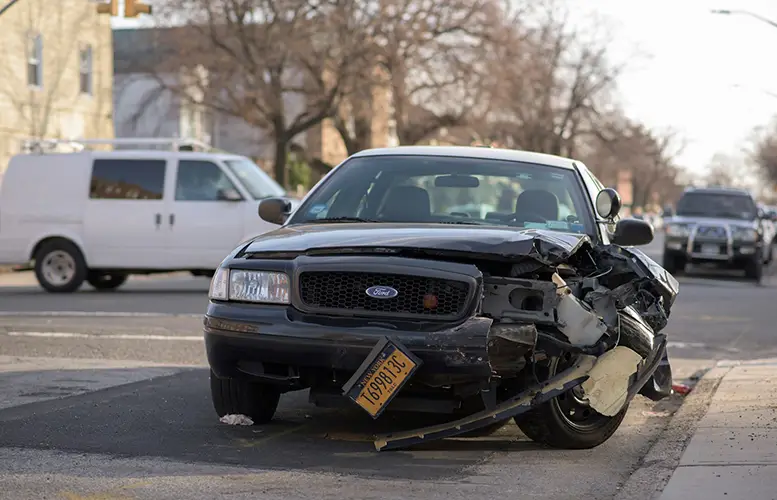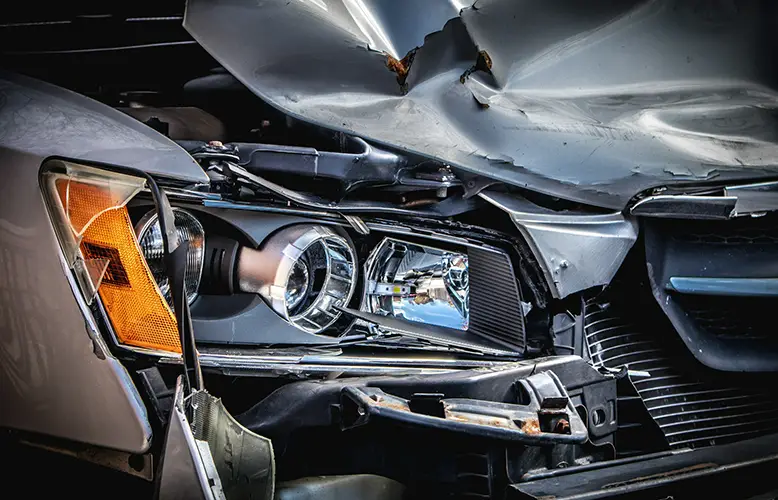Car accidents often happen unexpectedly, without warning. If you have been involved in one while on a road trip, you need to take immediate action. As long as you were not the driver responsible for the collision, you can claim compensation. Compensation can make focusing on your recovery easier and also means you won’t have to worry about going back to work for a while. In addition to compensation, you also need to seek medical support and potentially even contact the police. This topic will explore this topic in more detail, explaining how you can claim compensation and some other tips you can use for dealing with a car accident effectively.

1. Obtaining Evidence
After a car accident, you need to obtain as much supporting evidence as you can. The more evidence you have backing up your version of events, the better. The best kind of evidence you can get is a photo or video. Both forms of evidence can be taken from the scene. If you are going to take your phone out and start taking pictures and videos, make sure nobody is seriously injured. Capture the responsible driver, their car, and yourself and your car. If they apologize or admit fault, capture this on camera, too. An admission of guilt is the best type of evidence you can get to support your claim for compensation.
2. Medical Support
Immediately after an accident has taken place, you should get in touch with the paramedics. Car accidents can cause very serious injuries. Even relatively minor ones can be dangerous. Did you know that the symptoms of whiplash, a condition commonly caused by car accidents, don’t become manifest right away? Unless it is dangerous for you to do so, remain in your car and wait for help to come. If you have spinal injuries (which are not always immediately obvious), getting out of your car and walking around could worsen them.
3. Contacting Attorney
Once you have been discharged from the hospital and have returned home, you can go ahead and get in touch with an attorney. Whether it’s help after a Westchester accident or an accident elsewhere, make sure the attorney you hire has positive reviews and a good reputation. An attorney’s reviews are the best way to determine whether they are suitable or not. Find an attorney whose services are offered on a contingency basis, meaning they only charge their clients after winning their cases for them. Lawyers offering contingency plans charge pre-agreed fees at the conclusion of their clients’ cases.
4. Staying Truthful
Truthfulness and honesty are very important. Lying in a personal injury claim can get you into a lot of trouble. The vast majority of personal injury cases are dealt with out of court, usually between a claimant’s lawyers and the insurance company of the reckless driver. If you lie to an insurance company in order to get a higher amount of compensation, they will find out. It’s not uncommon for insurance companies to perform physical examinations on claimants, verifying their injuries are as severe as they claim. Additionally, insurance companies ask for medical evidence, which you can get from your physician. Stick to the truth and do not exaggerate your injuries.

5. Returning Home
After you have been discharged from hospital, you should return home. You can make a personal injury claim from anywhere in the world, thanks to the internet. You do not need to stay in the town or city that you were injured in just to make a claim for compensation. Most personal injury lawyers will be more than happy to take on a client who’s based elsewhere. As long as you have a Wi-Fi connection and access to the internet, you can attend Zoom meetings with your chosen lawyer. You also need to make sure that you upload your evidence so that you can send it to your lawyer via email.
6. Avoiding Work
You don’t necessarily have to go back to work if you don’t want to. It’s perfectly acceptable for people who have sustained serious injuries in car accidents to stay at home for a while so that they can recover. If you are planning on taking time off of work, you are going to have to get your employer’s approval to do so first. If the injuries you sustained were relatively minor, it’s unlikely they are going to approve your time off. They cannot deny your requests if your injuries are more serious, however. If you are a valued employee, your employer might give you paid leave. If you work a junior position or you are new to a company though, they might instead give you unpaid leave.
7. Disability Benefits
Earning money for yourself whilst you aren’t working should be one of your main concerns. Money makes the world go around, as the saying goes. If you are not earning an income while you are off of work, you could find yourself unable to pay your bills and keep up with financial commitments. Disability benefits are a good option for people who are too ill to return to work. You can apply for them if you have sustained serious injuries in an accident and you cannot live normally anymore. Your lawyer will be able to help you to apply for them. Alternatively, you can read guides and tutorials and learn how to navigate the application process yourself.
8. Having Patience
Personal injury claims do not resolve overnight. Some take months to conclude. Others can take years. You need to be as patient as you possibly can, giving your lawyer room to breathe. Don’t message, email, or call them every day asking for updates. As soon as your lawyer has some news for you, they will get in touch. The only time it’s appropriate to ask for an update is if you haven’t heard from your lawyer for a few weeks. Remember: You are not your lawyer’s only client. They will be working on other cases alongside yours.
If you were involved in an accident that was caused by somebody else’s negligence, you could be entitled to compensation. The amount you might be owed depends on the severity of your injuries. You can use the guidance given here to ensure you get the money you are owed.





